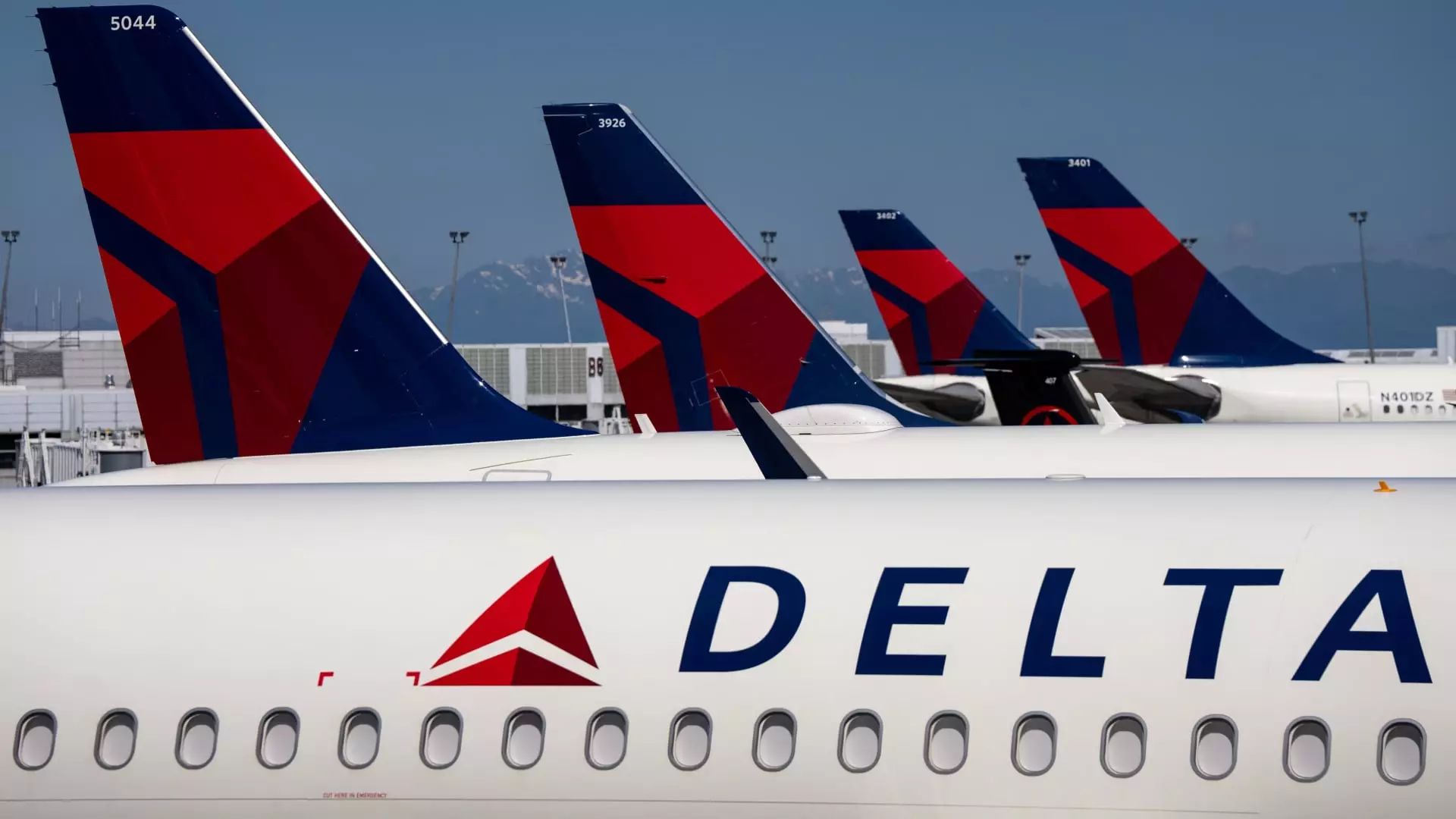In the aftermath of a global massive IT outage, Delta Air Lines CEO, Ed Bastian, lashed out at Microsoft and CrowdStrike for the disruption that cost the airline approximately $500 million. Delta struggled to recover from the incident, canceling over 5,000 flights following a botched software update from CrowdStrike which affected millions of computers running Microsoft Windows.
Microsoft fired back, accusing Delta of failing to modernize its IT infrastructure, which hindered the airline’s ability to recover from the outage promptly. Mark Cheffo, a Dechert partner representing Microsoft, highlighted that Delta’s competitors such as American Airlines and United Airlines were able to resume operations quicker due to their modernized IT systems. Cheffo pointed out that Delta’s refusal to accept help from Microsoft during the crisis further exacerbated the situation.
Delta rebutted Microsoft’s claims by stating that the airline has a long history of investing in IT infrastructure to ensure safe and reliable service for its customers and employees. Delta emphasized that since 2016, the company has poured billions of dollars into IT capital expenditures, in addition to substantial annual spending on IT operating costs.
The dispute escalated with Delta accusing Microsoft of failing to comply with contractual requirements and acting negligently in connection with the faulty software update from CrowdStrike. Delta claimed damages against both Microsoft and CrowdStrike for the disruptions caused by the IT outage on July 19. However, Microsoft refuted Delta’s allegations, stating that the airline’s partial disclosure of facts was misleading and damaging to Microsoft’s reputation.
The ongoing dispute has shed light on Delta’s reliance on technology providers like IBM and Amazon for critical systems such as crew-tracking and scheduling. Microsoft argued that Delta’s refusal to accept help stemmed from the fact that the impacted systems were not dependent on Microsoft’s Windows or Azure cloud services, but rather on other technology providers. This revelation raises questions about Delta’s IT resilience and interoperability among its various technology platforms.
The Delta vs Microsoft dispute serves as a cautionary tale for companies relying on complex IT systems. It underscores the importance of modernizing IT infrastructure, fostering collaboration among technology providers, and ensuring clear communication during crisis situations. Both Delta and Microsoft could have benefitted from better coordination and transparency to mitigate the impact of the IT outage and prevent future disputes of a similar nature.
The Delta vs Microsoft dispute showcases the challenges and complexities of managing IT systems in today’s digital age. The clash between the two corporate giants underscores the need for robust IT governance, strategic partnerships, and a proactive approach to IT risk management. As the digital landscape continues to evolve, companies must prioritize IT resilience, agility, and collaboration to navigate unforeseen IT disruptions effectively.

